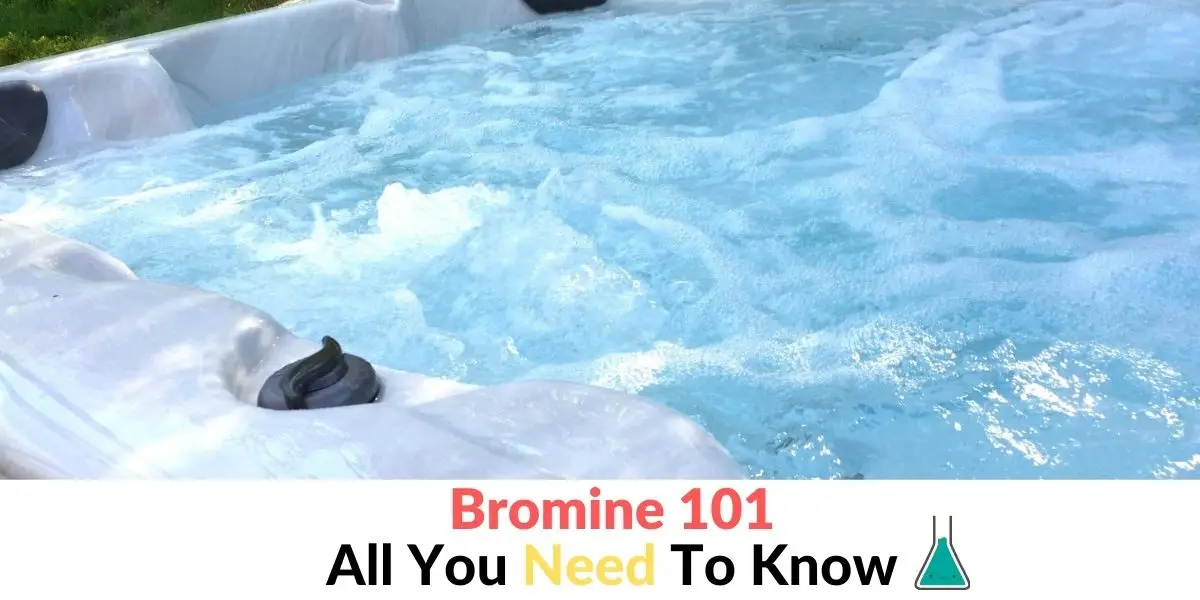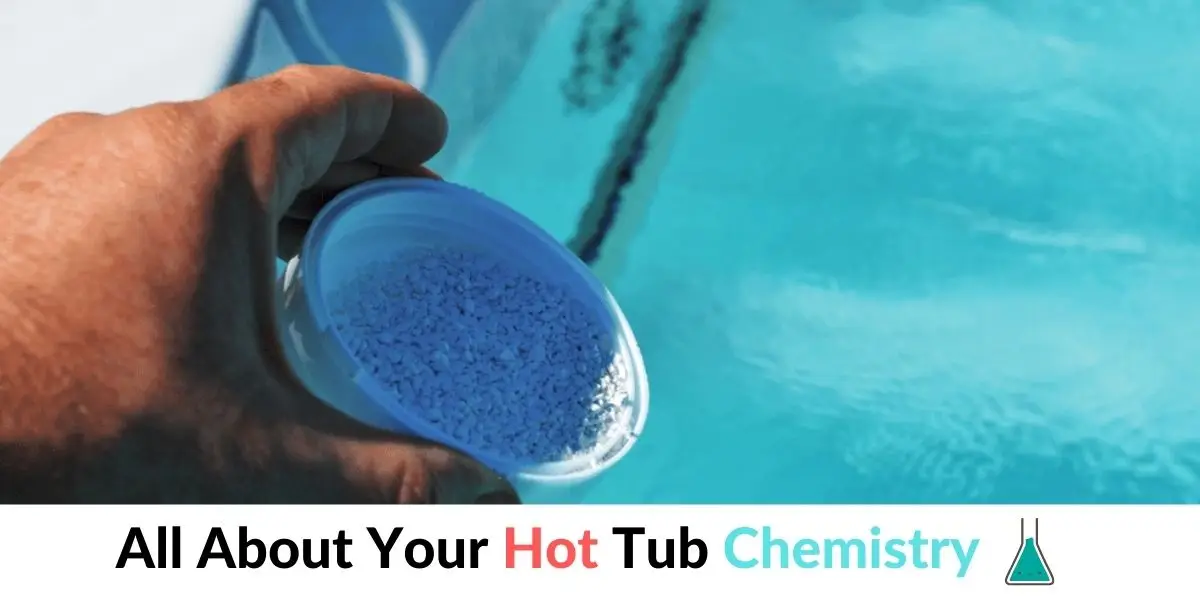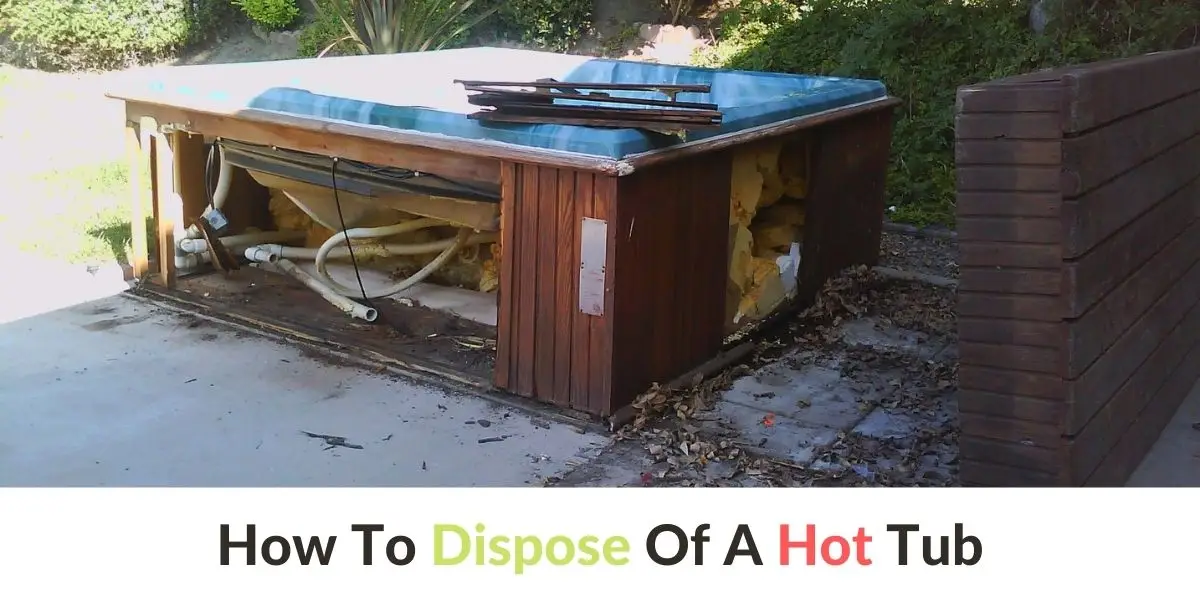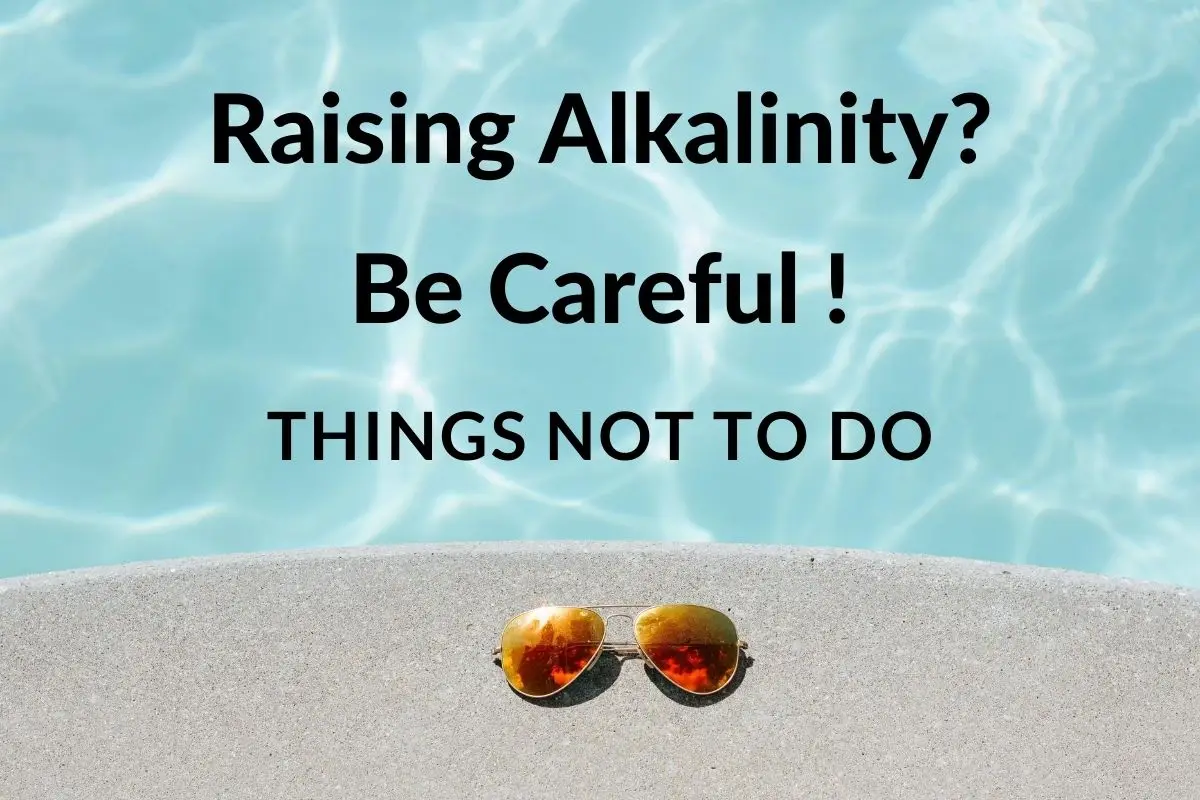Are Hot Tub Chemicals Flammable?
Some hot tub chemicals are flammable, while others are not. It is important to handle all chemicals carefully and store them properly to prevent accidents.
Chlorine and bromine, which are commonly used to sanitize hot tubs, are not flammable. However, some chemicals used to adjust the pH of the water, such as muriatic acid and sodium bisulfate, are flammable and should be handled with caution.
It is important to follow the instructions on the chemical packaging and use caution when handling any chemical, including hot tub chemicals. Never mix chemicals together, as this can create dangerous reactions. If you have any concerns about the safety of a particular chemical, it is best to consult the manufacturer or a professional.
Is Pool Chlorine Considered a Hazardous Material?
In some cases, pool chlorine can be considered a hazardous material. Chlorine is a chemical element with the atomic number 17 and the symbol Cl. It is a highly reactive and corrosive substance that is used for a variety of purposes, including water treatment, disinfection, and bleaching.
Pool chlorine is typically available in solid or liquid form and is used to kill bacteria and other contaminants in swimming pools. When used as directed, pool chlorine is generally safe and effective. However, it can be hazardous if it is mishandled or ingested.
Chlorine gas, which is a highly toxic form of chlorine, can be hazardous if it is inhaled. Chlorine gas can be released if solid chlorine compounds are mixed with acid or if liquid chlorine is mixed with certain organic materials. This can create a dangerous situation, as chlorine gas is highly toxic and can cause serious health problems.
It is important to handle pool chlorine with caution and to follow the instructions on the product label. If you have any concerns about the safety of pool chlorine, it is best to consult the manufacturer or a professional.
Can Hot Tub Chemicals Harm you?
Hot tub chemicals can be harmful if they are mishandled or ingested. It is important to follow the instructions on the chemical packaging and use caution when handling any chemical, including hot tub chemicals.
Chlorine and bromine, which are commonly used to sanitize hot tubs, can be harmful if they come into contact with the skin or eyes, or if they are ingested. These chemicals can cause irritation and other adverse reactions, and they can be toxic if ingested in large amounts.
Other chemicals used to adjust the pH of the water, such as muriatic acid and sodium bisulfate, can also be harmful if they are mishandled. These chemicals can be corrosive and can cause burns if they come into contact with the skin or eyes.
It is important to handle hot tub chemicals carefully and to store them out of reach of children and pets. If you have any concerns about the safety of a particular chemical, it is best to consult the manufacturer or a professional.
Can you Get Chlorine Poisoning from Hot Tub?
It is possible to get chlorine poisoning from a hot tub if you are exposed to high levels of chlorine. Chlorine is a chemical element with the atomic number 17 and the symbol Cl. It is a highly reactive and corrosive substance that is used for a variety of purposes, including water treatment, disinfection, and bleaching.
Chlorine is commonly used to sanitize hot tubs and swimming pools. When used as directed, chlorine is generally safe and effective at killing bacteria and other contaminants. However, exposure to high levels of chlorine can be harmful.
Chlorine poisoning can occur if you inhale high levels of chlorine gas, which is a highly toxic form of chlorine. Chlorine gas can be released if solid chlorine compounds are mixed with acid or if liquid chlorine is mixed with certain organic materials. This can create a dangerous situation, as chlorine gas is highly toxic and can cause serious health problems.
In addition to inhaling chlorine gas, you can also get chlorine poisoning if you swallow large amounts of liquid chlorine or if it comes into contact with your skin or eyes. Chlorine can cause irritation and other adverse reactions, and it can be toxic if ingested in large amounts.
It is important to handle chlorine and other hot tub chemicals carefully and to follow the instructions on the product label. If you have any concerns about the safety of a particular chemical, it is best to consult the manufacturer or a professional.
Is Bromine in a Hot Tub Toxic?
Bromine can be toxic if it is ingested or if you are exposed to high levels of it. Bromine is a chemical element with the atomic number 35 and the symbol Br. It is a highly reactive and corrosive substance that is used for a variety of purposes, including water treatment and disinfection.
Bromine is commonly used as an alternative to chlorine to sanitize hot tubs and swimming pools. Like chlorine, bromine is effective at killing bacteria and other contaminants, but it is generally considered to be less irritating to the skin and eyes.
However, bromine can be toxic if it is ingested or if you are exposed to high levels of it. Ingesting large amounts of bromine can cause nausea, vomiting, and other symptoms. Bromine can also cause irritation and other adverse reactions if it comes into contact with the skin or eyes.
It is important to handle bromine and other hot tub chemicals carefully and to follow the instructions on the product label. If you have any concerns about the safety of a particular chemical, it is best to consult the manufacturer or a professional.









